Thinking is good, but unfortunately, it doesn’t pay the bills.
Unless you go to extremes or simply have the means from the start, you cannot escape this rule: you need money to live. And you need to live in order to think.
It’s true that the opposite isn’t necessarily true. But isn’t it because human beings can think that the standard of living has evolved—presumably for the better—over the years?
One thing, however, hasn’t changed: our relationship with reflection, at least among “the masses.” The system is well-structured enough to ensure that the masses don’t think. And it’s not their “fault”—society is designed this way.
By doing their best at work, taking care of their children and family, trying to stay in touch with two or three friends, and occasionally having a bit of fun in the evening or on weekends (if they’ve worked too much overtime), people don’t really have the time—or for many, the desire—to ask themselves existential questions.
When we want to “entertain” ourselves, philosophy or studying are not natural options. And even before that, why do we feel the need to be entertained in the first place?
For many, it’s to pass the time, to fill the void, to avoid thinking.
Because thinking often hurts. It means realizing that we could do better, that we messed up in the past, and that we could have done things differently. And it means potentially worrying about things that may or may not happen—things we ultimately have no certainty about.
And the cycle repeats.
“So we dance,” as someone once said. We drink, we complain about a job we don’t necessarily like, about a relationship that no longer satisfies us. We also laugh—a lot. Laugh at politicians who do nothing, saying that if we were in their place, things would be better. Laugh at a person sitting alone at the bar because they have no friends. Laugh because someone drank too much and threw up on themselves.
And it’s already late. We have to work the next day.
Hungover in the morning, we scroll on our phones to wake up. We ignore anything that would make us think—it’s too annoying. We lose track of time and end up running late for work. We don’t necessarily like this job, but it pays the bills—the “lifeblood of war.” Along the way, we read a few motivational posts: “Be positive,” “Exercise,” “Meditate.” True messages in principle, but they only work if we’ve already taken the time to reflect on them. And we haven’t.
All this to say—what if we had labels on places, businesses, products, films, books, manga, music—everything, really—that indicate the “level of consciousness” they provide?
My theory is that what is good for the brain helps raise awareness, and for some products, this is obvious.
Today, for example, I wrote a post about Schindler’s List.
A movie is entertainment. But a movie about the Holocaust is not the same as a 90s action film (and yes, I can already hear people arguing—but it’s just an example). Schindler’s List would therefore have “more consciousness points” than an action movie.
The same applies to apps. A gacha game app is extremely harmful to the brain because it creates addiction—negative points.
An ad-free app that promotes health would earn positive points.
Governments should be tied to these “scores”—but without corruption or lobbying. A paradox, of course, to even say “government without corruption.”
Anyway, I don’t have time anymore—writing doesn’t feed me. Yet?
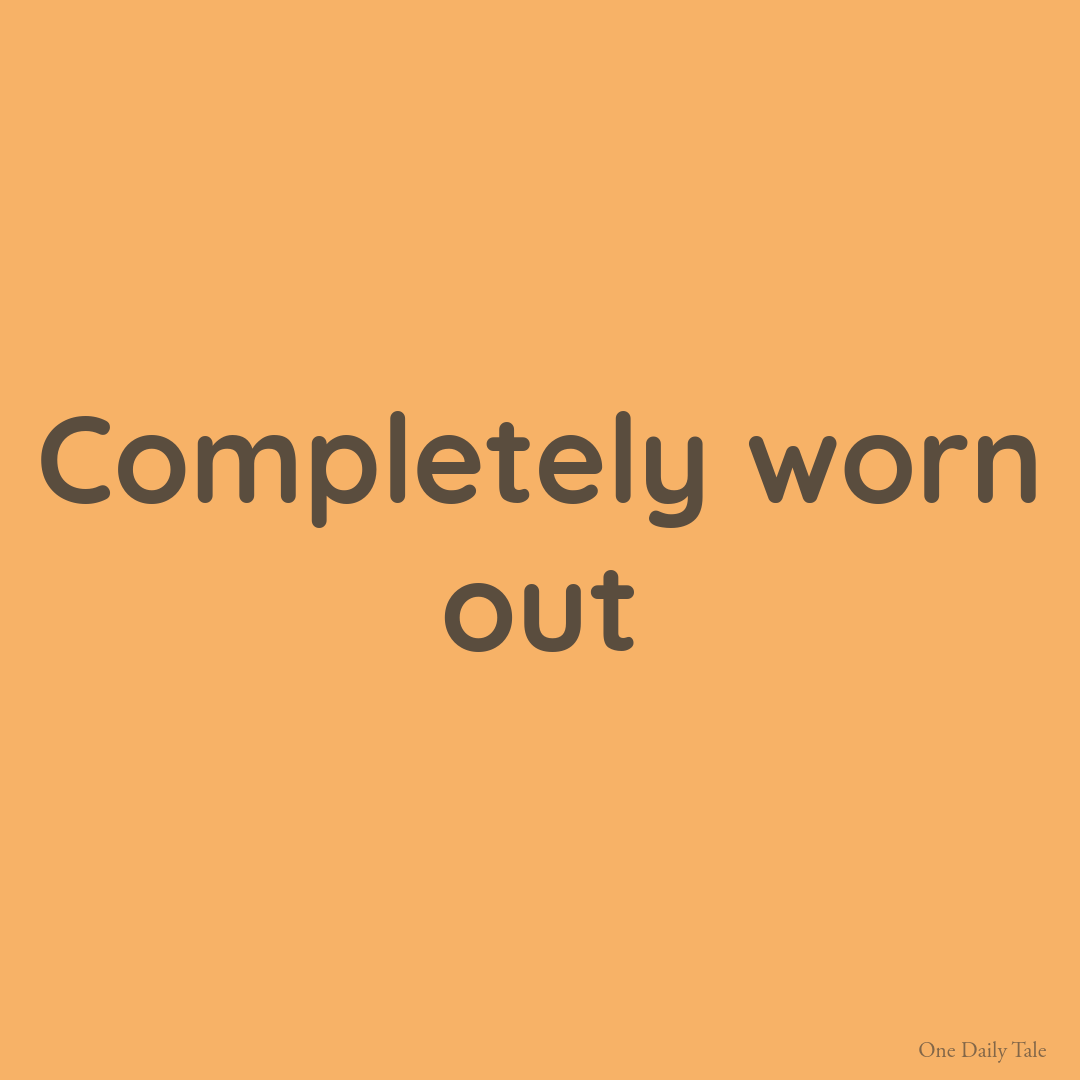
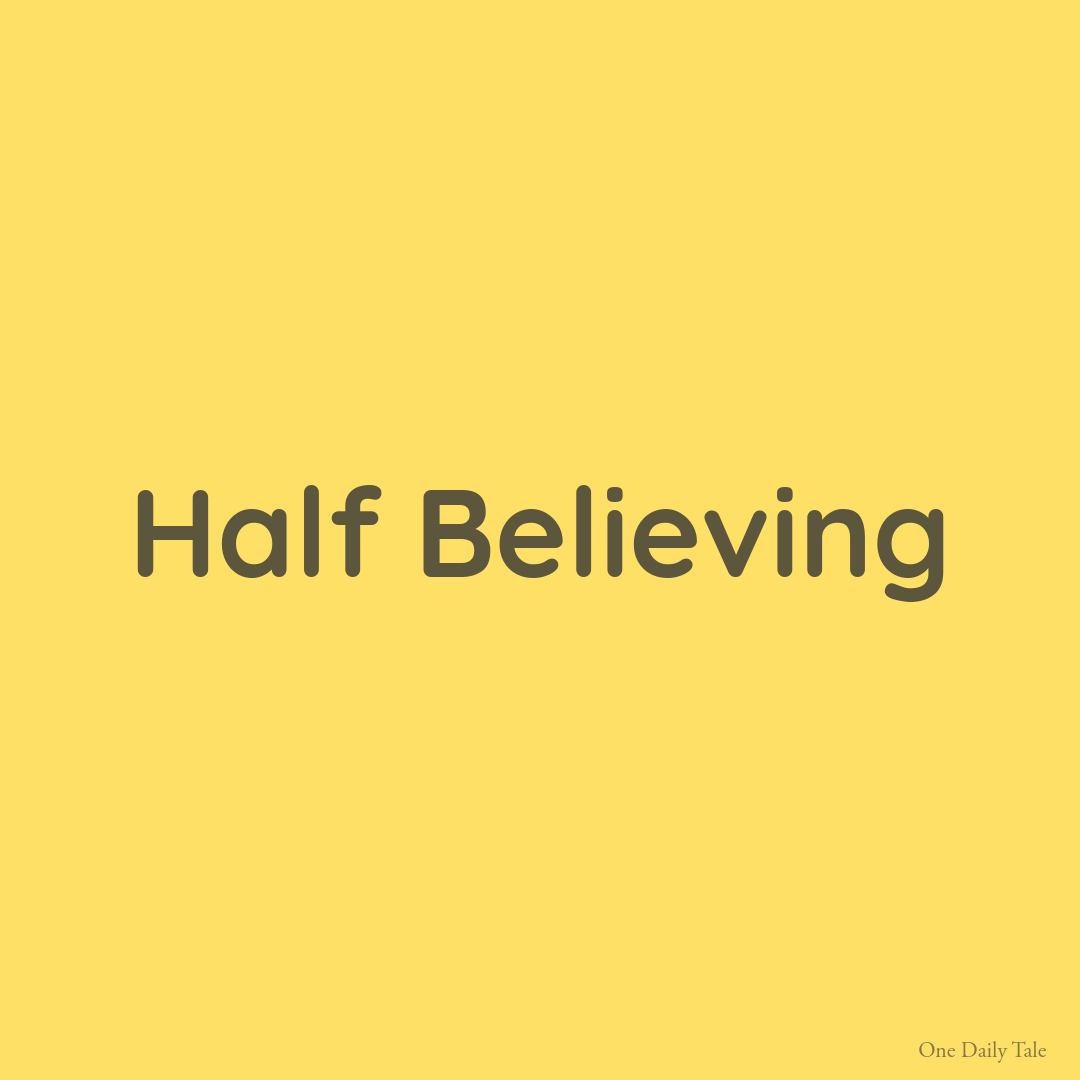

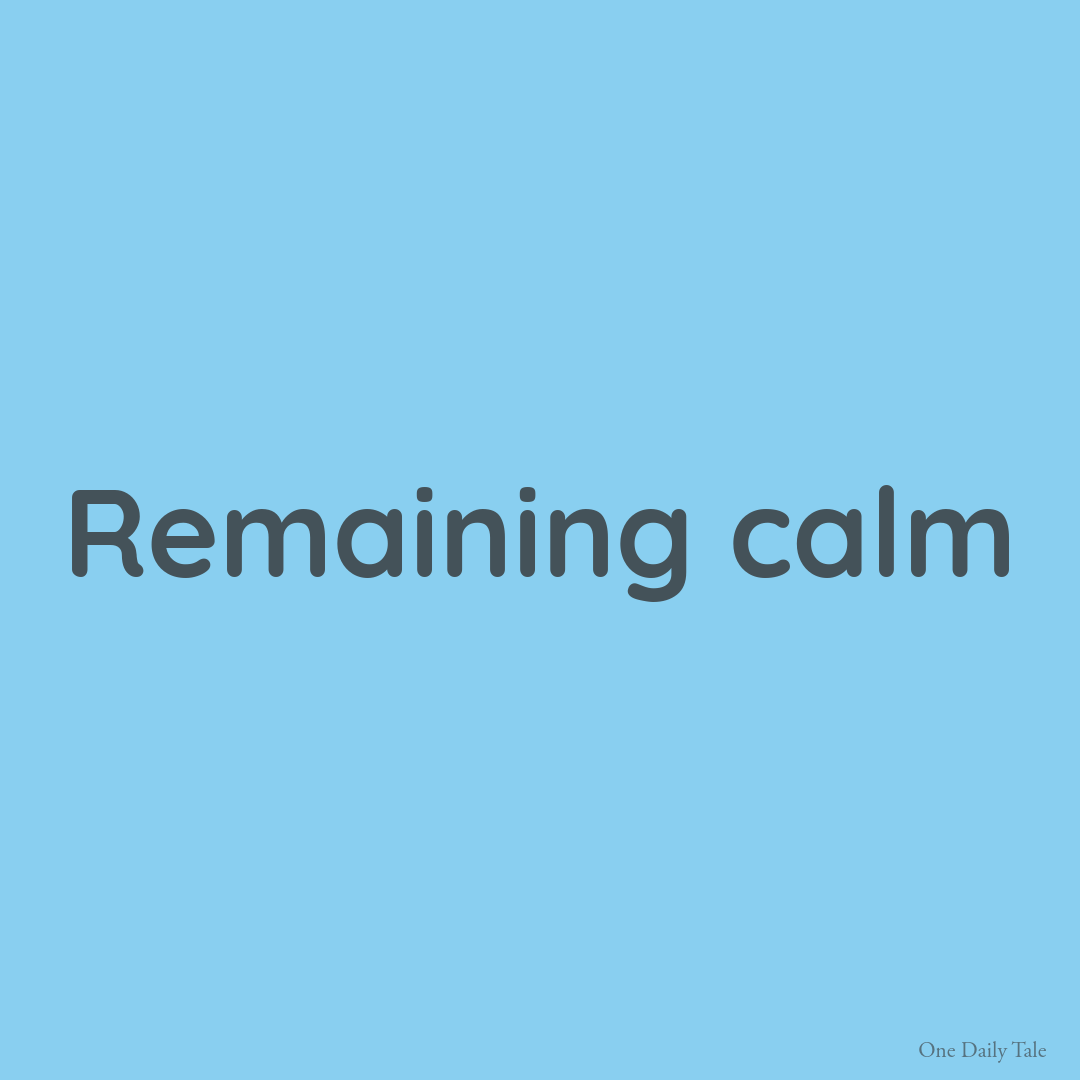

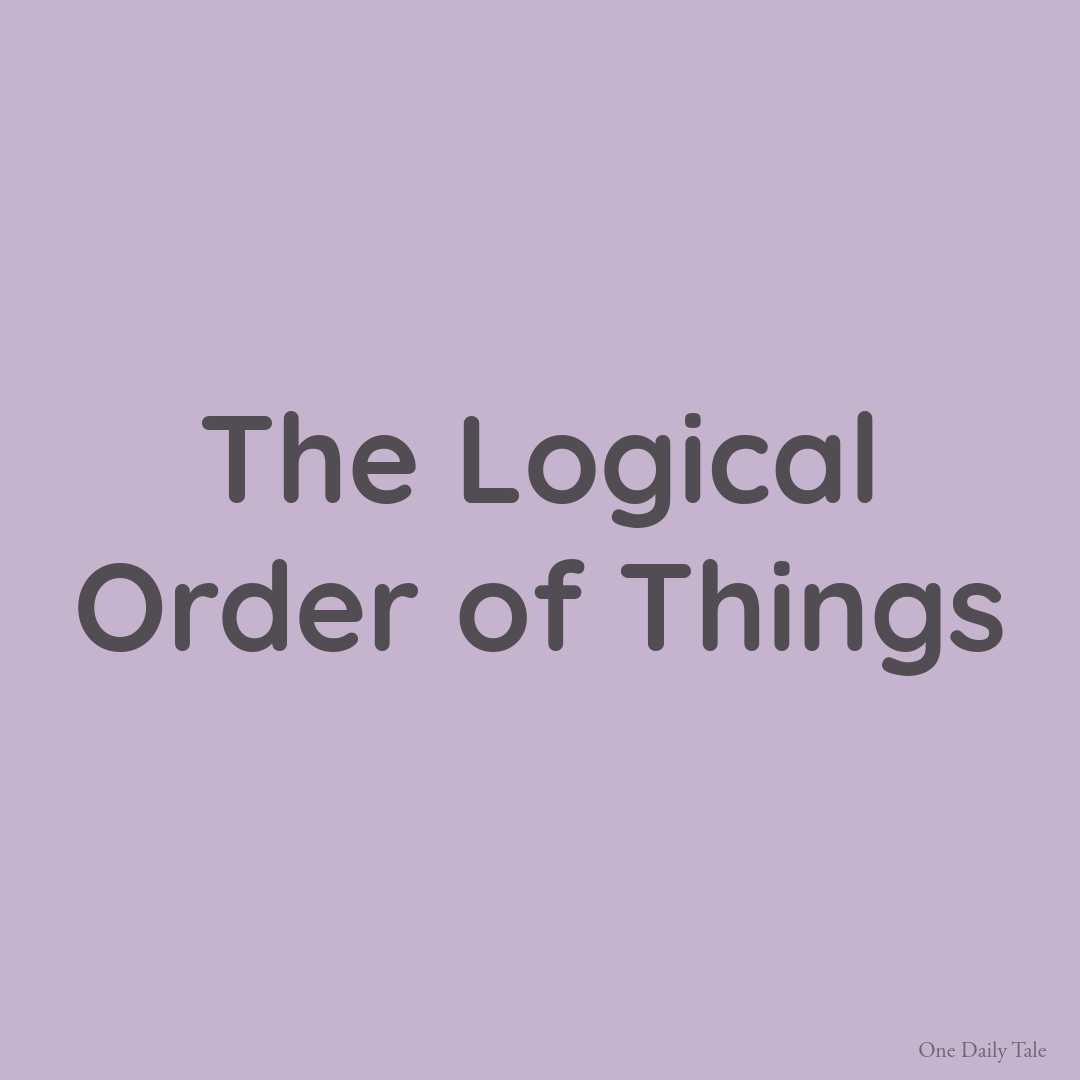
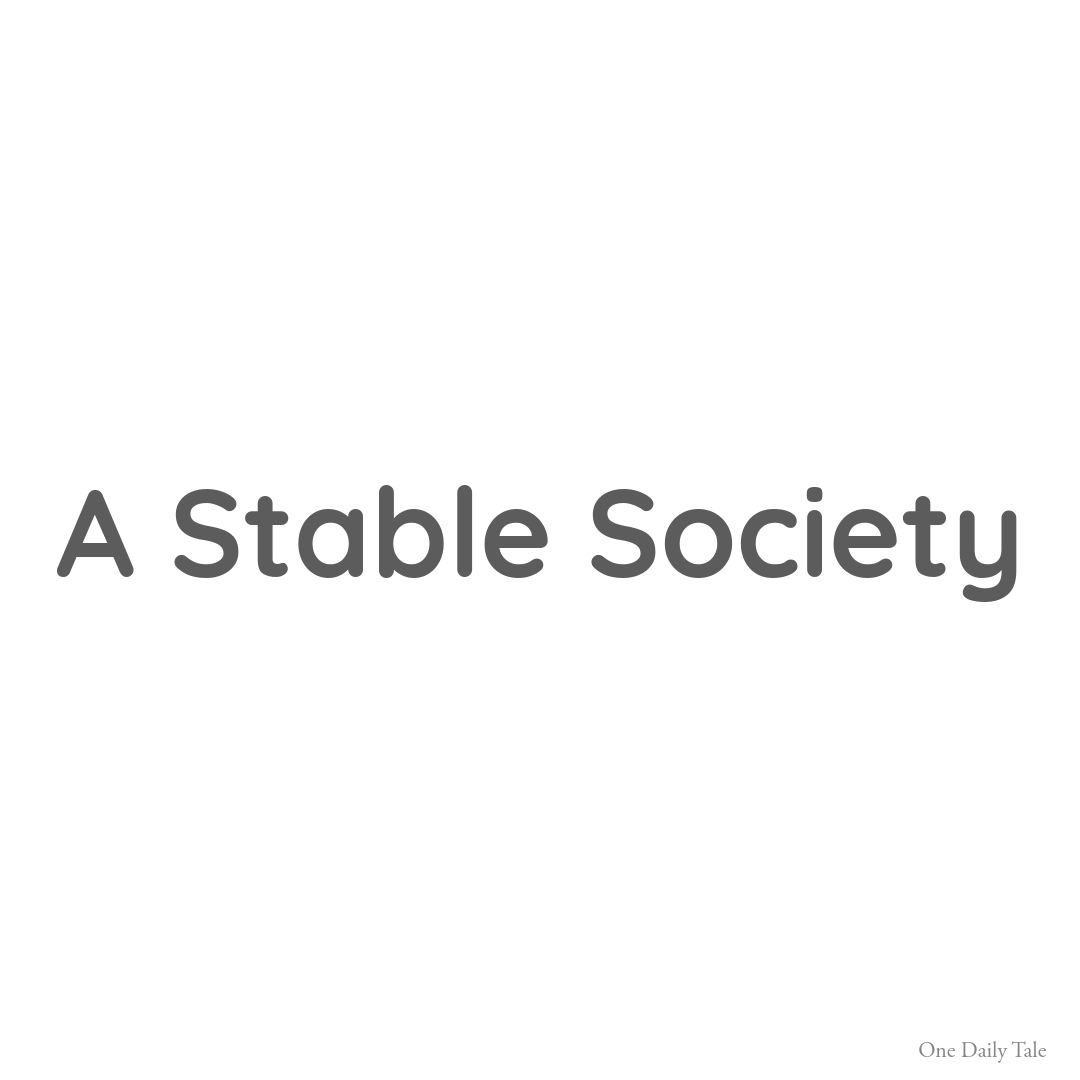
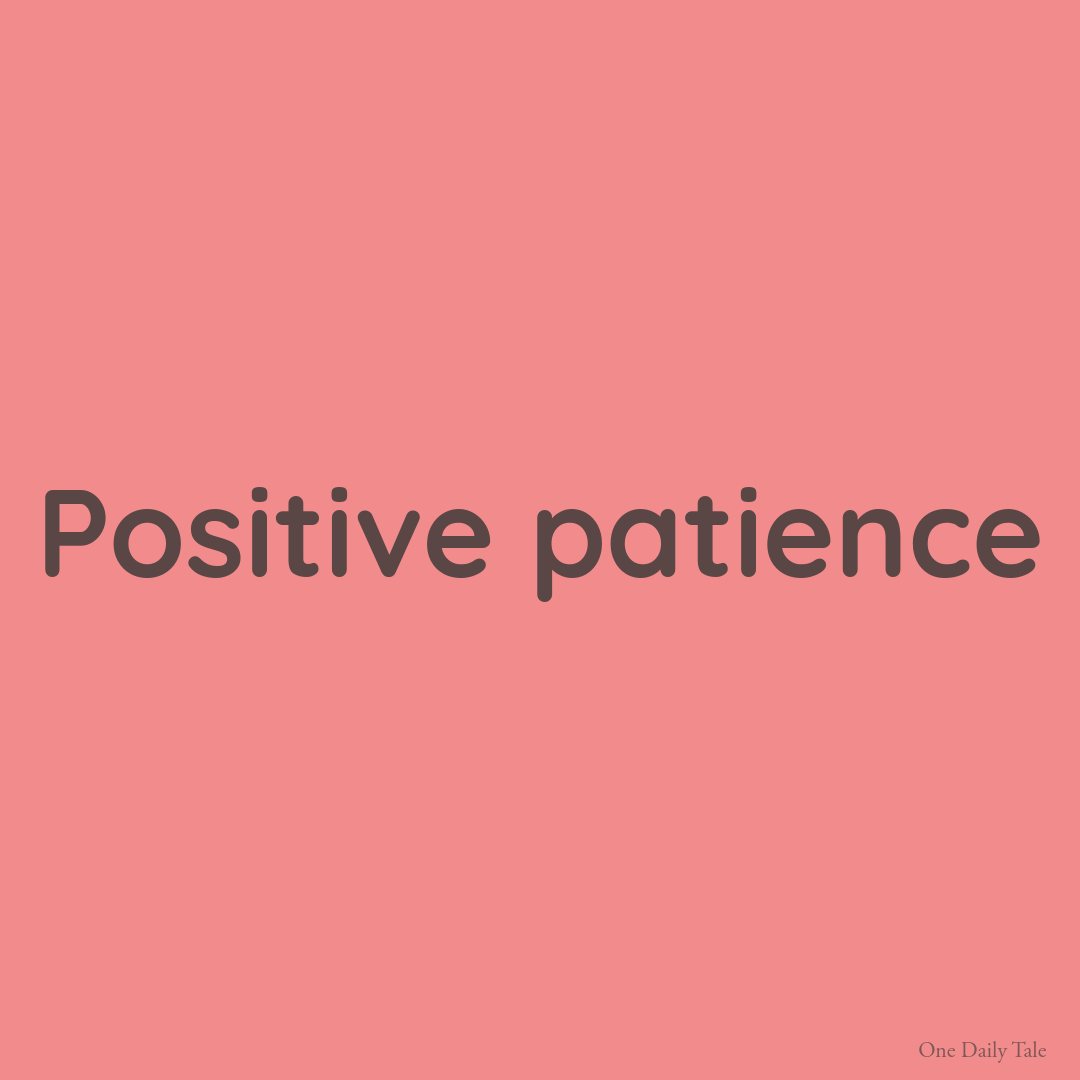
Leave a Reply
You must be logged in to post a comment.